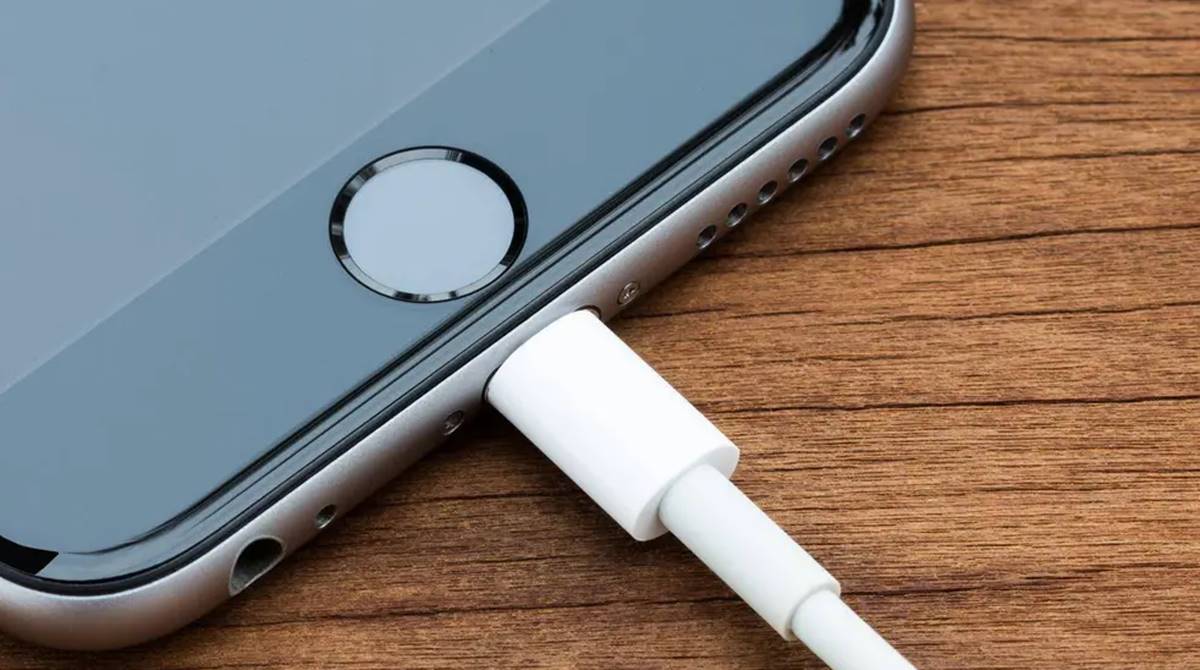Some countries are forcing Apple to change its iPhone’s port to make a universal charging system, and Brazil is the latest country that also wants the same in their country for some reasons. Let’s discuss them.
Recently, Apple has also confirmed that iPads will support Home Hub even after the update’s release, but it will not support the new architecture.
Brazil Also Suggested iPhone Should Come with USB-C
 This all started when European Union ordered Apple to change their iPhone’s lightning connectors to USB-C in European countries. EU authorities gave a deadline of 2024 to make these changes.
This all started when European Union ordered Apple to change their iPhone’s lightning connectors to USB-C in European countries. EU authorities gave a deadline of 2024 to make these changes.
Now, This rule aims to make one universal port, USB-C, for all smartphones to reduce e-waste and make it easy for consumers. Now, Other countries are also taking it seriously.
According to Tecnoblog from Brazil, The Anatel named telecommunication agency that operates as brazil’s consumer authority has demanded that all the smartphones in the country adopt USB-C as a standard connector.
Besides, Anatel mentions that this law will not affect the wireless charging devices; they can go with their wireless system.
As 9to5Mac explained, currently, this proposal is going through the public consultation phase, which means any citizen of Brazil can send their opinion regarding this until August 26, 2022.
If this law is approved, we will see an impact from July 1, 2024.
Most smartphones come with USB-C. Mainly, Apple uses its different Lightning ports, and with this law, the company will remain with two options: First, adopt USB-C or go wirelessly.
As recently, US senators also appealed for this law in the United States for the same reason, but US authorities didn’t demand or suggest any Standard charging system.
Apple is also reportedly testing a USB-C port for the iPhone 15. Lately, a leak report of AirPods Pro 2 also stated a USB-C port for charging.